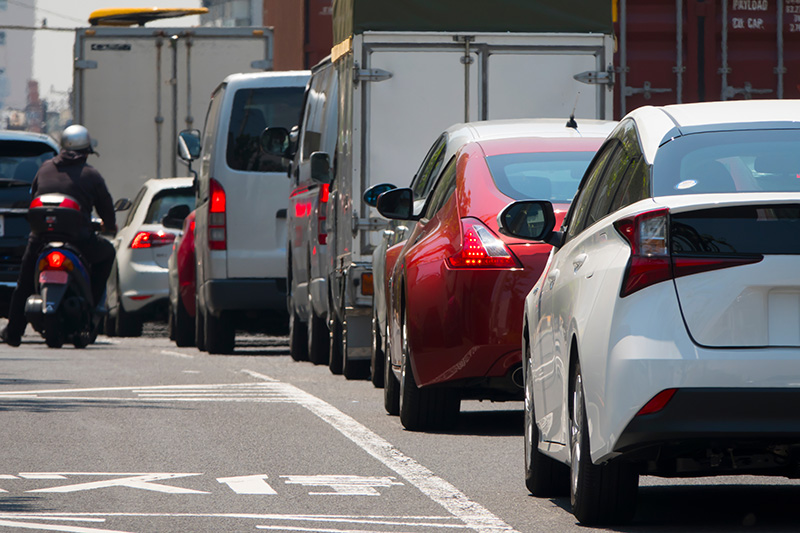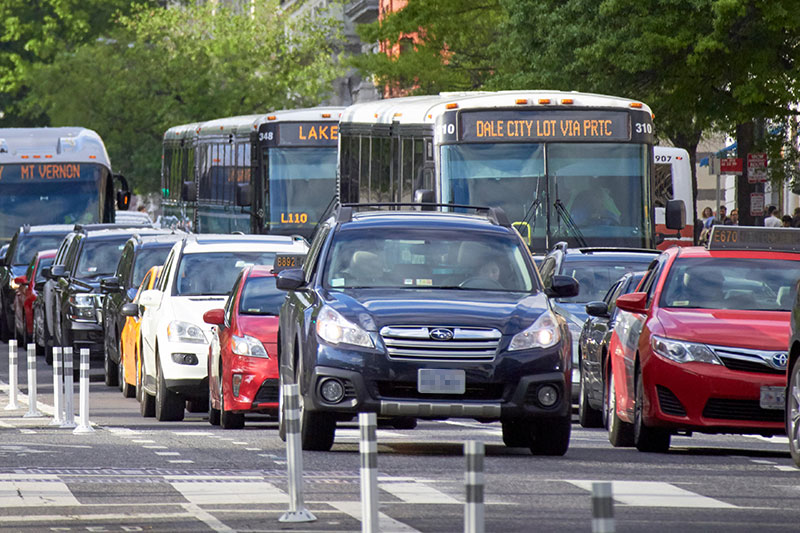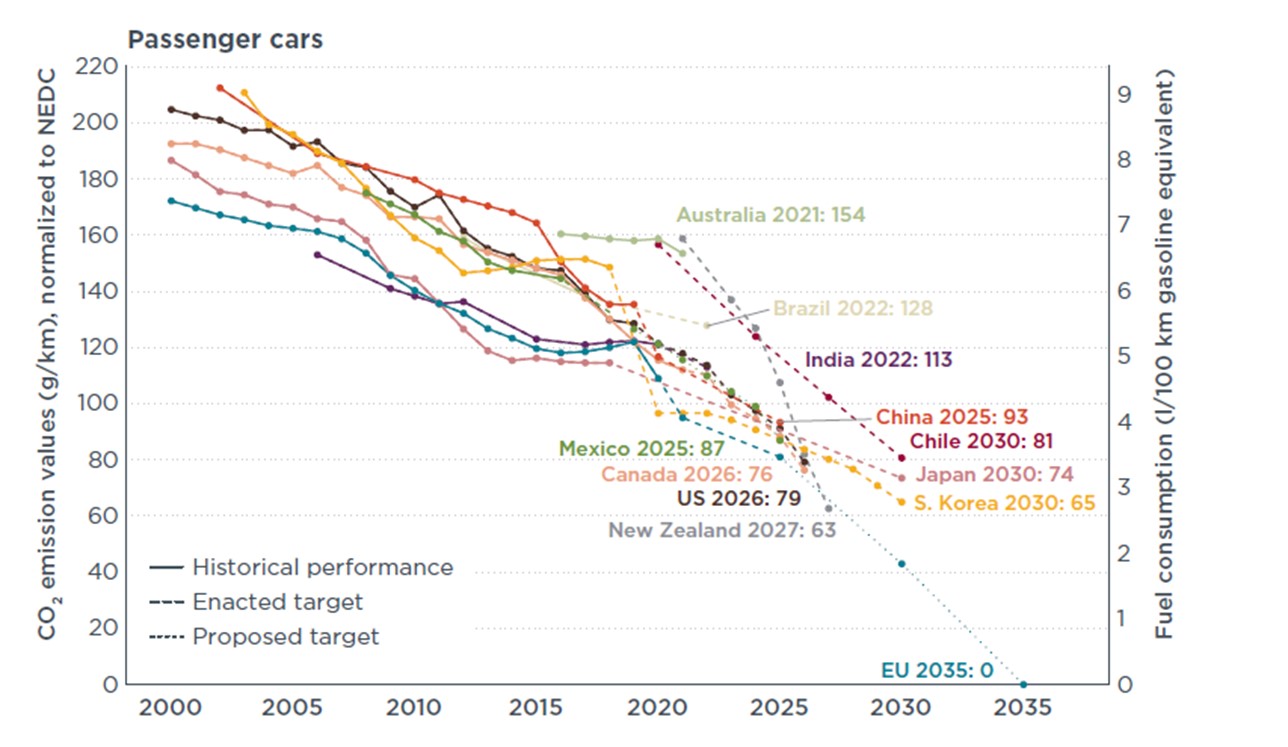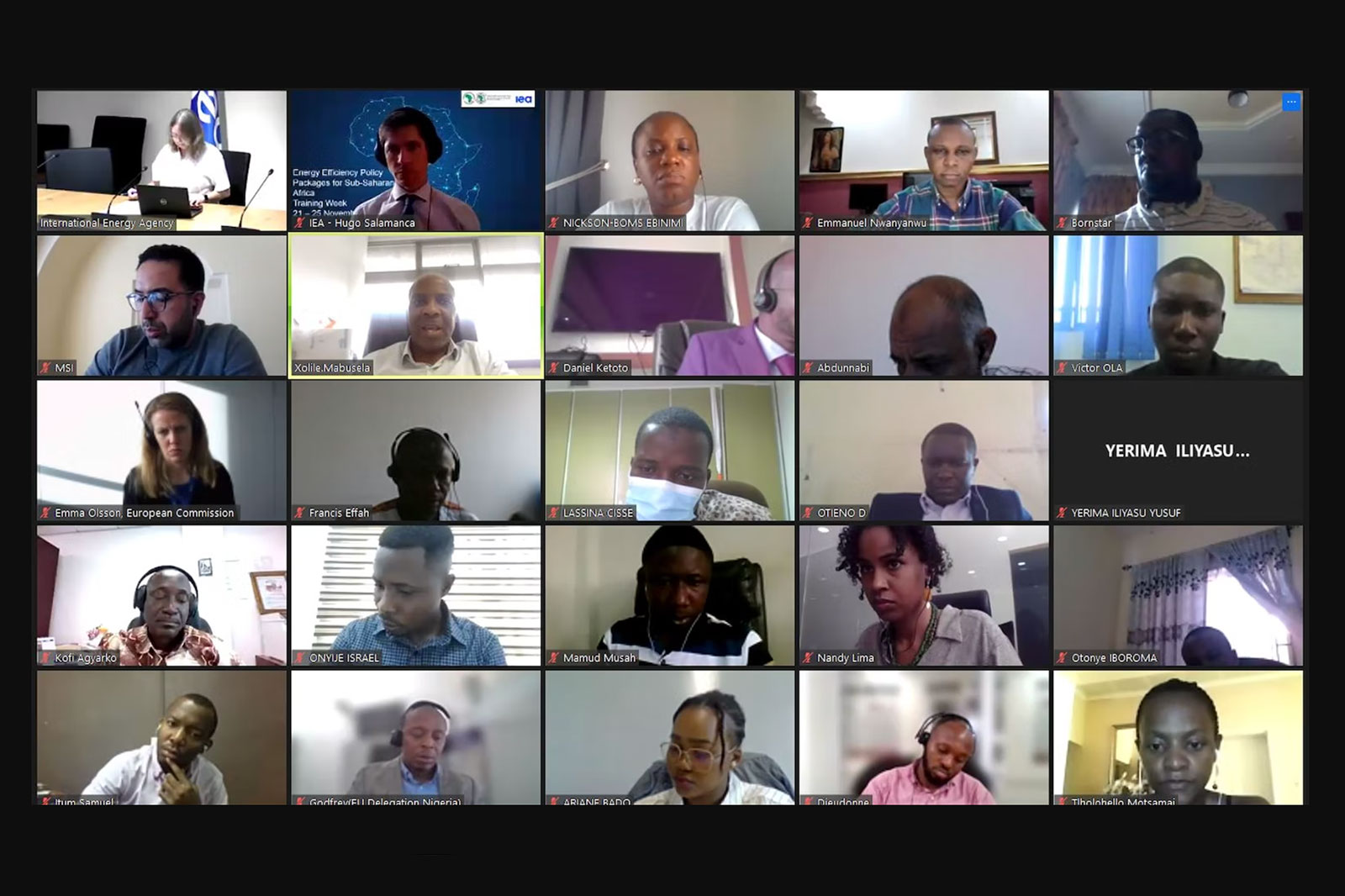ICCT overview of Japan’s new 2030 fuel economy standards

In June 2019 Japan announced new fuel economy standards, which aim to improve fuel efficiency by 32.4 per cent by 2030, compared with 2016 levels. GFEI partner the International Council on Clean Transportation (ICCT) has produced a short overview which summarises the background to the standards and gives a detailed explanation about what they mean in practice.
The new fuel economy standards come a decade after Japan’s current fuel economy standards for 2020 were set in 2009. The new 2030 standards now cover Battery Electric Vehicles (BEVs) and plug-in hybrid electric vehicles (PHEVs), in addition to the gasoline, diesel and liquefied petroleum gas (LPG) vehicles that were included in the original 2020 standards. The 2030 targets are based on the World-wide harmonised Light vehicle Test Cycles (WLTC) – adapted to exclude the extra-high-speed phase to reflect slower speeds on Japan’s roads. They also take into account a fuller assessment of the fuel or energy required to power vehicles – known as well-to-wheel – which allows electric vehicles to be included by considering the thermal efficiency of the electricity generation and distribution process. The 2030 targets use a continuous linear curve to take into account vehicle weight, which replaces the discrete ‘bins’ for different vehicle weights, with a minimum floor for the heaviest vehicles.
The regulations also require manufacturers to display more information on the fuel economy label, including average fuel economy in different driving phases. They also require electric vehicles to display information about driving range and energy consumption in watt hours per kilometre (wH/km) in charge depleting mode.
ICCT’s policy update compares Japan’s standards with other countries. This shows that both Japan and the European Union have now set targets for 2030, with Japan’s slightly less stringent. However, these standards are more stringent than current standards for China, the US, and Canada.
Read ICCT’s policy update: Japan 2030 fuel economy standards here







